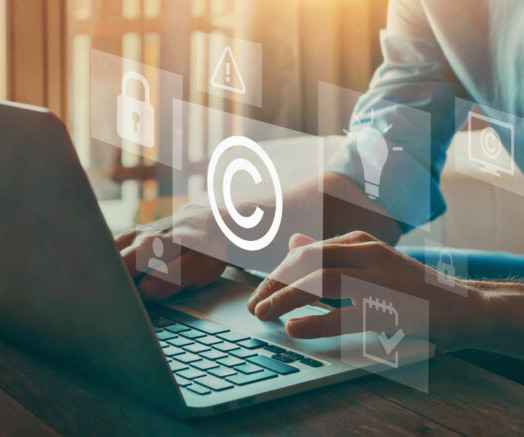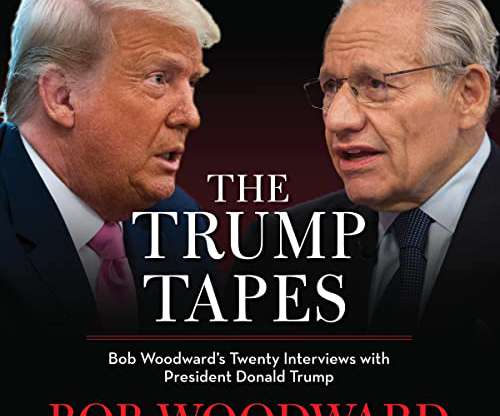No Free Use in the Purple Rain – U.S. Supreme Court Finds License of Andy Warhol’s “Orange Prince” Infringes Photographer’s Copyright
LexBlog IP
MAY 19, 2023
In 1984, Vanity Fair sought to license the photograph for an “artist reference” in a story about the musician. Goldsmith agreed to license a one-time use of the photograph with full attribution. scholarship, or research” [2] and is evaluated through multiple factors.












Let's personalize your content